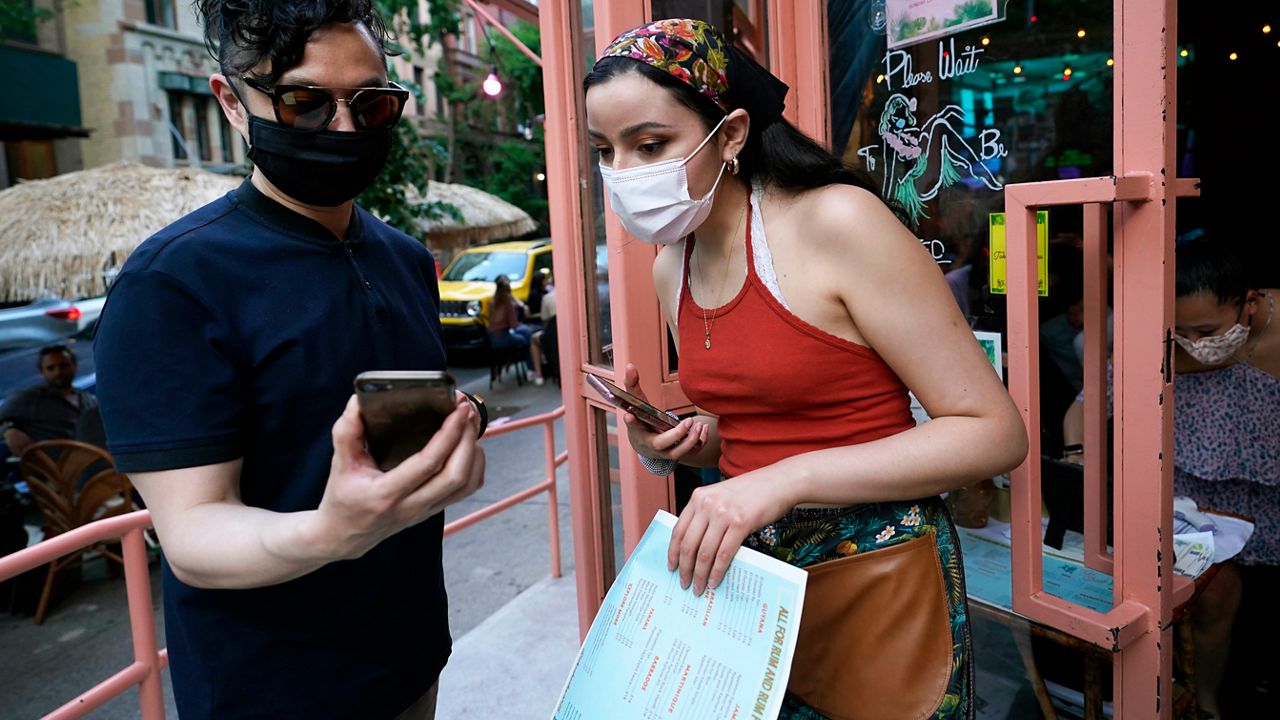Business experts are charging corporations across New York and the nation to weigh in on the U.S. Supreme Court's draft decision to overturn Roe v. Wade, saying businesses will play a critical role in helping people navigate the consequences surrounding the moral challenge.
Kathryn Wylde, president and CEO of nonprofit Partnership for New York City, wrote an op-ed in Barron's on Friday that businesses must evaluate the impact the potential court decision will have on their employees, employee benefits, policies and charitable giving and prepare to educate their staff about available reproductive health care where they work.
"Business cannot ignore the potential economic, health and societal implications of a decision that will upend the legal framework for reproductive rights that has been in place for generations," Wylde wrote. "On the other hand, no company is eager to insert itself into what will be a most contentious debate during the 2022 election cycle and beyond."
- New York bills to provide abortion access to out-of-state women gain momentum
- How abortion laws could change in New York
- New York Democrats considering several amendments to address abortion rights
Stakeholders and customers alike form relationships with corporate boards and companies in alignment with their beliefs. They stand ready to pull support or boycott brands that are against their values on significant social issues while business decisions, including compensation practices, supply chain management, mergers and acquisitions remain subject to public scrutiny.
"Social media has given voice to constituencies that were once easily dismissed as sideshows at annual shareholder meetings," Wylde said, later citing the economic impact of former President Donald Trump's posts on Twitter about the U.S. withdrawal from the Paris Climate Accords. "Today, even a few disgruntled voices can create a tsunami of employee, customer and investor activism that companies cannot ignore."
Wylde stressed the days where businesses could function at the corporate level without taking a position in national or local policy debates are over, shifting to stakeholder capitalism in recent years.
"This shift has led to pressure for corporate leaders to take stands on a range of issues that were previously considered off-limits, including marriage equality, immigration, climate change, gun control, racial justice, voter access, and even the legitimacy of the 2020 presidential election," Wylde said.
Businesses have weighed in on significant national issues including the COVID-19 pandemic over the last two years, with global corporations playing a leadership role at the onset of the public health crisis in spring 2020 when companies sent personal protective equipment to health care and essential workers. Wylde also noted the prominence of corporations publicly standing with U.S. Centers for Disease Control & Prevention protocols.
"American business could take a similar approach if there is a reversal of Roe v. Wade, sticking to the facts and responding to the health and economic consequences that will surely follow that decision," Wylde said. "Prior to Roe v. Wade, unwanted pregnancies and the obligations of single parenting had forced young women out of the workforce, ended their educational opportunities and driven families onto welfare rolls. Presumably, many of the same issues will re-emerge in states that deny reproductive rights.
"...Corporate America would accomplish little by protesting a Supreme Court decision, but can play a critical role in mitigating the unfortunate consequences of striking down Roe v. Wade," she added.


